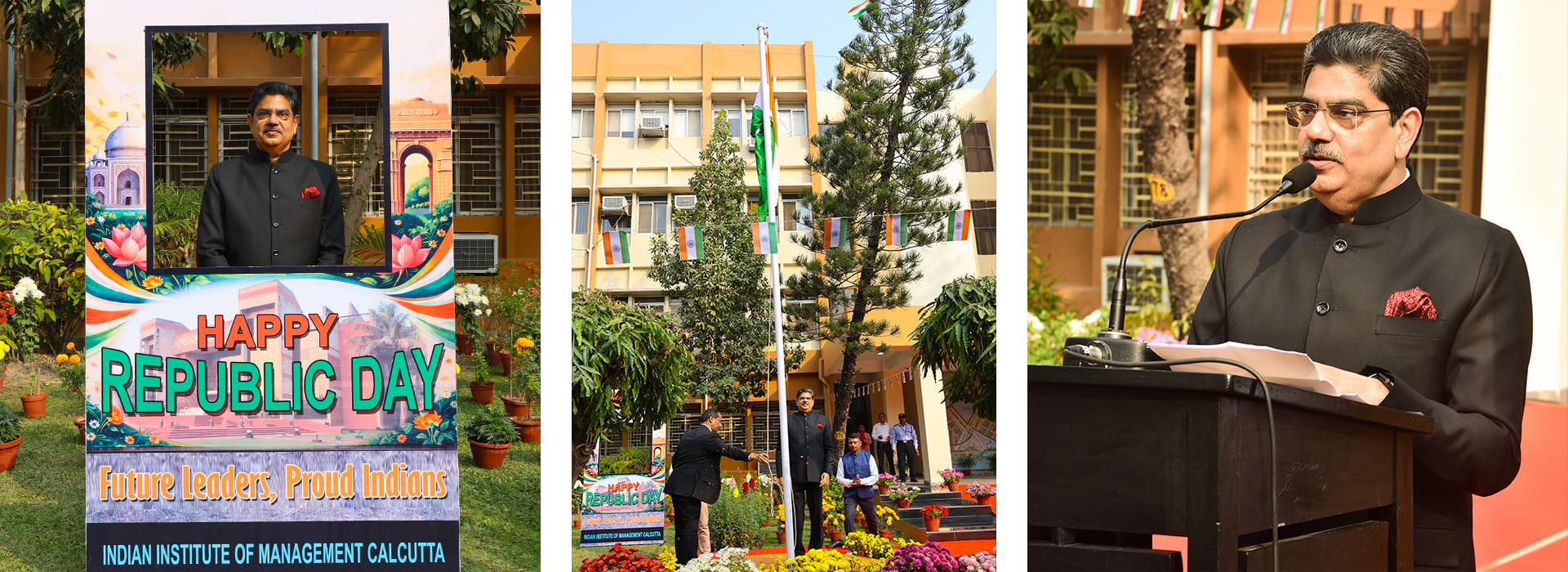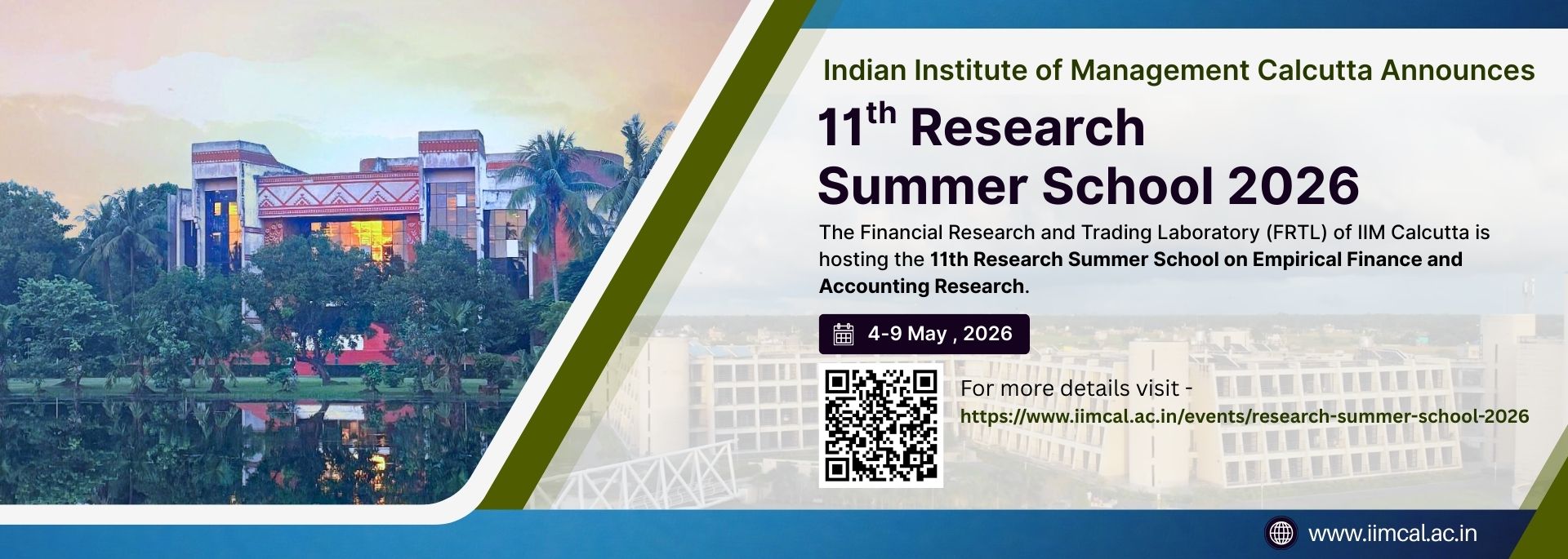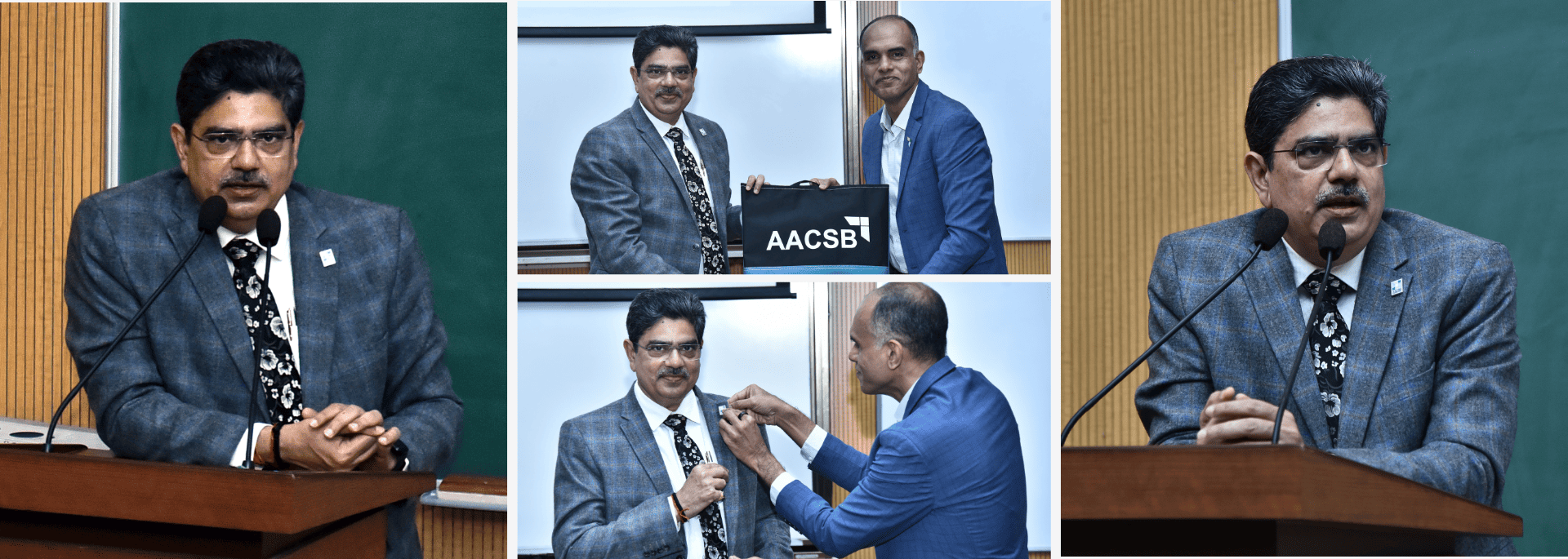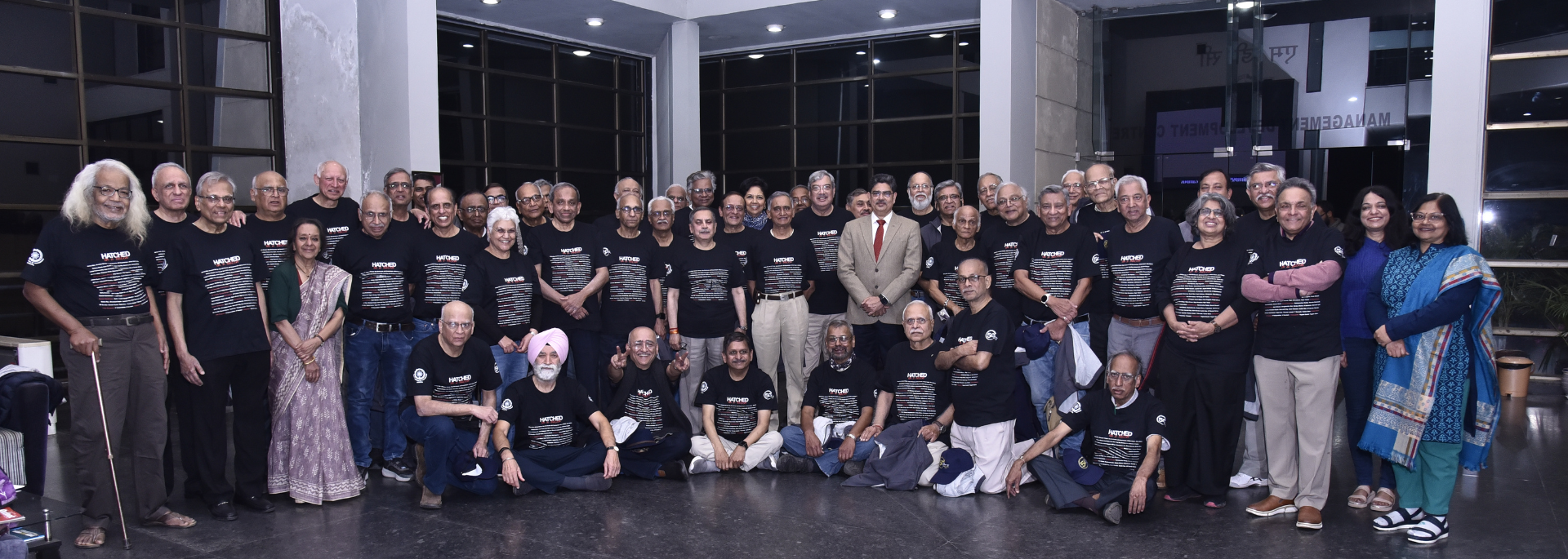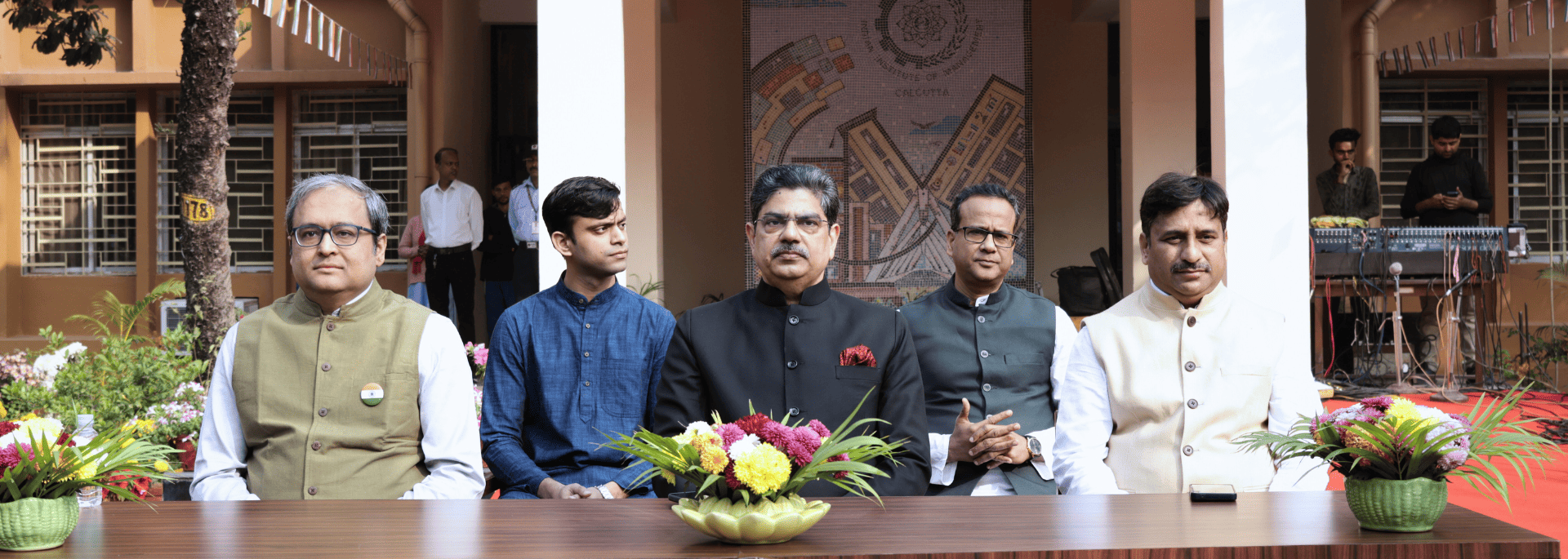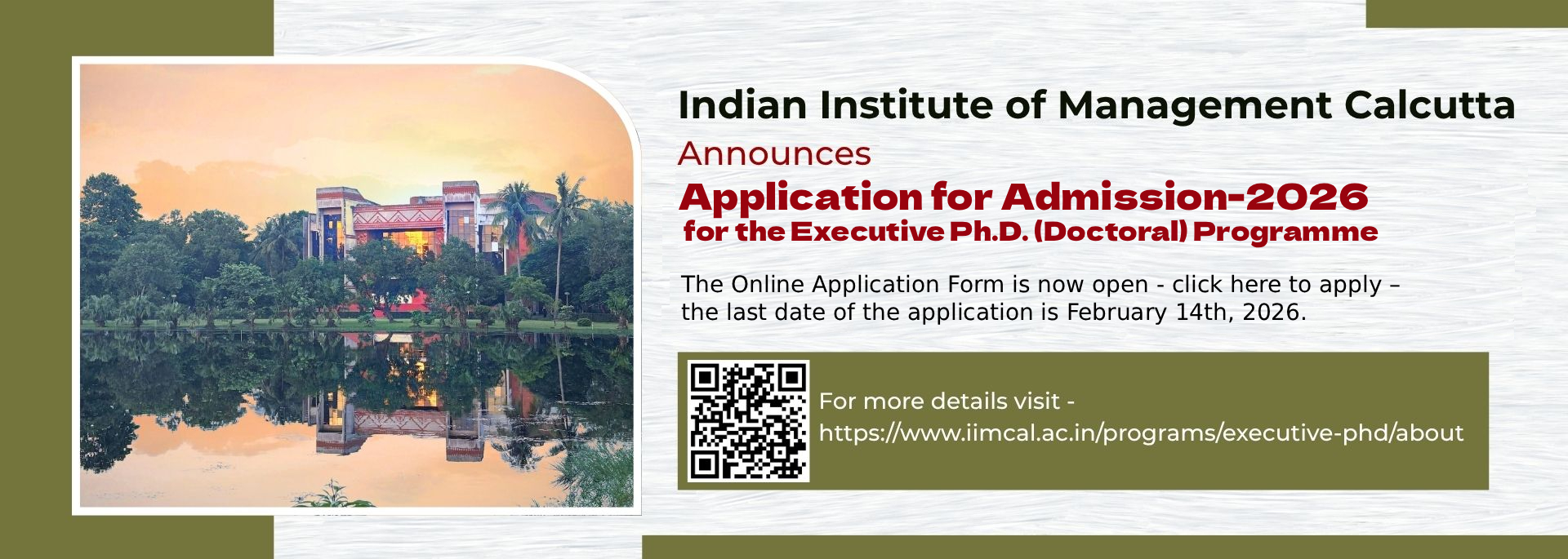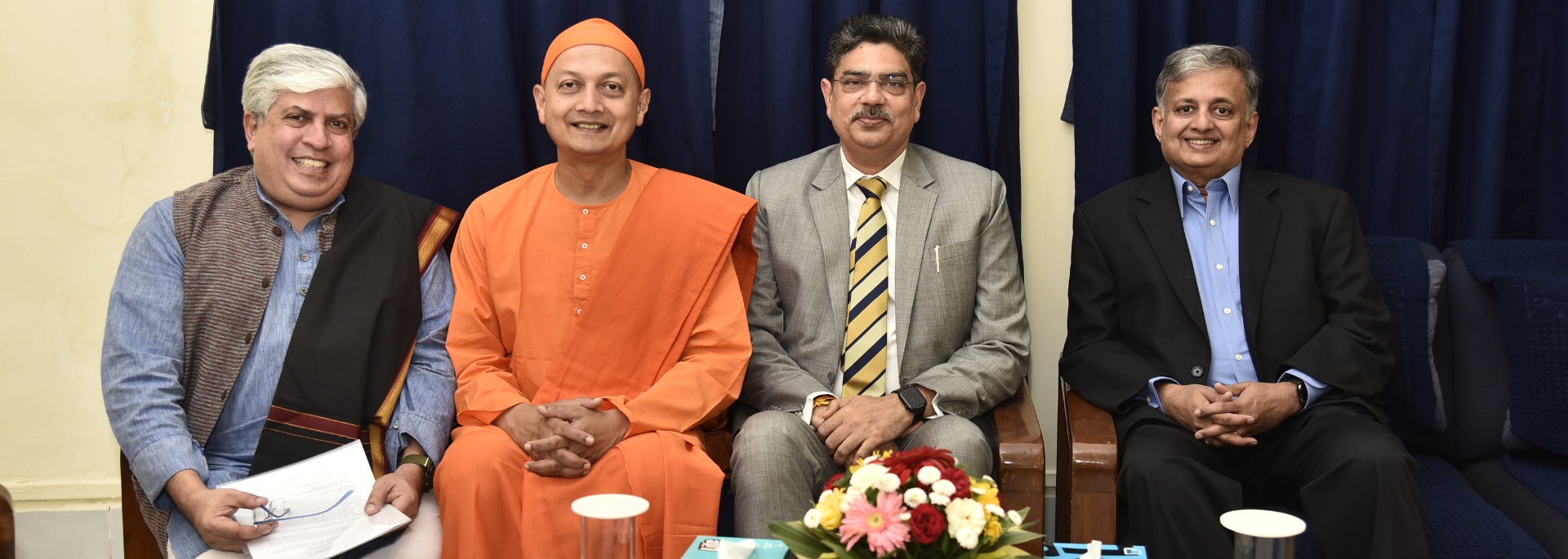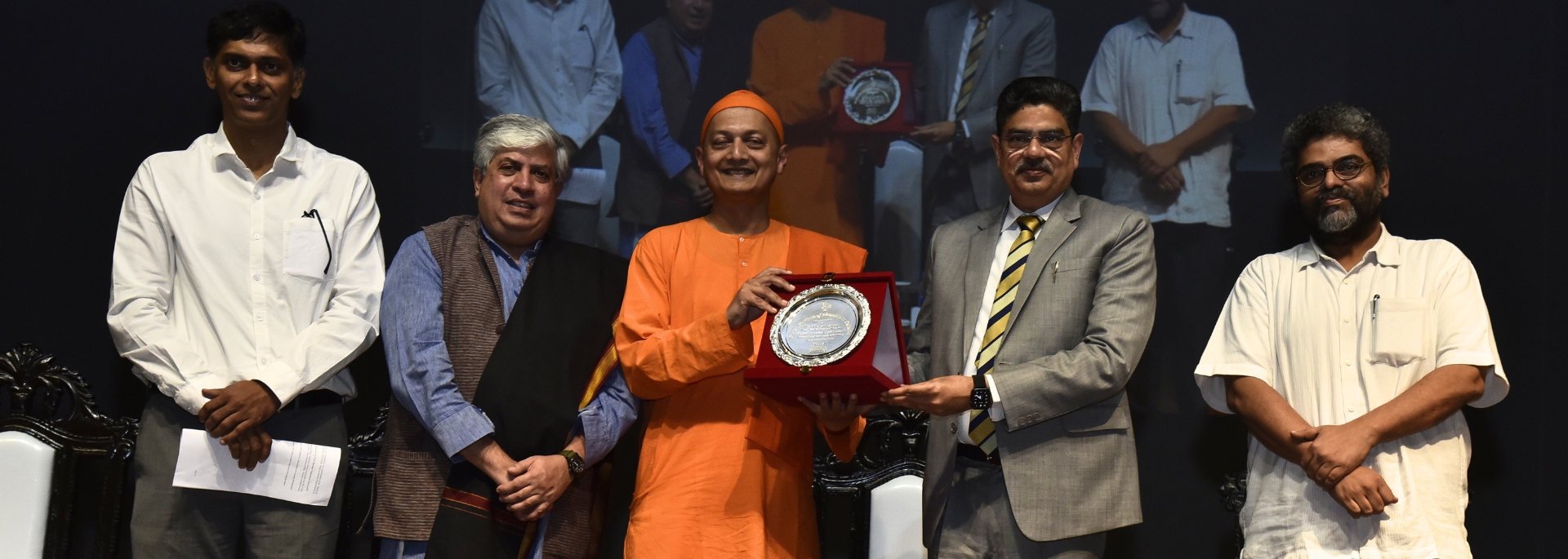Finance & Control
Human Resource Management
The HRM faculty members are actively engaged in research and management consulting, addressing both foundational questions in HRM and emerging challenges in the world of work. Topics of interest are explored at both Employee-Employer Interface, and phenomena at the Organizational and Macro-level. Recent faculty research topics include sector-specific HRM issues (e.g., healthcare, IT-BPO), Strategic HRM, Performance Appraisal, Control and Resistance, Power Relations, Work-Life Balance, Employee Voice, Organizational Identity and Justice, Career Choice, Organizational Response to Crisis, The Future of Work, Digital/Platform Economy, AI-driven HR strategy, Global Production Networks, Labour Markets, Dignity at Work, Precarity, Informality, Moral Economy, Challenges in Management Education, among others.
The HRM faculty members regularly publish in top-tier journals of repute. Executive PhD scholars would be encouraged to collaborate with faculty members in research, which would involve them in writing research papers and presenting their work at prestigious international and domestic conferences.
Courses offered by the group are closely aligned to its research interests and activities. A rigorous array of advanced doctoral courses are offered to equip practitioners with foundational knowledge, methodological depth, and an understanding of interdisciplinary research. Key courses focus on topics of Strategic HRM, Industrial Relations and Labour Laws, Research Methods in Human Resources and Employee Relations, Management Control and Resistance, Labour in the Gig Economy, Artificial Intelligence in HRM, Work and Employment Relations, Labour in Global Value Chains, Writing Differently in Management, Careers in Management Research, among others.
Management Information Systems
Marketing
Operations Management
The Operations Management (OM) group offers the “Executive PhD”, an applied doctoral research programme for senior executives to solve practical problems in effect benefitting the industry and society at large. The Executive PhD programme in Operations Management is unique as it rests on three different areas, all focused on business applications: Decision Sciences, Operations and Supply Chain Management, and Statistical Data Science.
The programme trains participants in qualitative and quantitative research methodologies for management research, theoretical foundations in the three core areas of OM (decision science, operations and supply chain management, and statistical data science) to undertake high-impact OM research relevant to the industry and society.
Decision science focuses on managing risk and developing application-driven theory to solve real-world problems. Faculty members in this area specialize in decision making under uncertainty, quantitative modelling and numerical methods for solving operational problems related to pricing, revenue management, inventory management and risk management. Faculty in the operations and supply chain management area develop and apply analytical and empirical models and methods to address strategic and operational issues in areas such as supply chains, manufacturing, services, healthcare, retail, sustainability, not-for-profit operations, project management, public policies, innovation and product design. Statistical data science faculty focuses on the theory and methods of statistics, emphasizing business applications. Students are exposed to both Bayesian and classical approaches to inference and modern computational statistical tools.
The Executive PhD participants have significant flexibility to design their research pathway (topic, methodologies and doctoral committee) by gaining exposure to the areas of research in OM and adjusting them to their individual requirements.
Organizational Behaviour
The research interests of the doctoral students and the faculty members of OB group span both the micro psychological aspects of individual and group behaviour in organizations and also the macro level organizational behaviours between and within organizations and society. The following details will help you get an overview of OB group’s activities in the space of doctoral education and research.
Courses offered: In order to train PhD students for a career in research and education. Courses specially designed for the executive Ph.D students will be offered.
Ongoing and recently concluded thesis topics: The recent research work of our doctoral students has focused on the following topics:
- Courage at work
- Women’s re-entry into the workforce after child-birth
- Changes in the organizational field of Howrah foundries
- Impact of leadership and group processes on team Innovation
- Impact of changes in organizational environment on theatres
- Career choices of Indian managers
- Dissonance and meaningful work
- Craft, place and the artisan
- Gender norms and work
- Place and tourism
- Transgender inclusion in the workplace
- Institutional logics of unicornisation
- Organizational and occupational identities
Research work of OB group faculty: The research output of OB group faculty members is quite diverse. In the recent past, our faculty members have published papers on the topics of organizational justice, vendor-client relationship, discrimination in employment, technological innovation, commercialization of research in universities, globalization of business schools in India, social innovation, sexual violence, managing diversity, equality and inclusion, career planning and management, corporate social responsibility, self-initiated expatriates, executive compensation, and the history of Howrah foundries, multiple job holding / moonlighting, non-standard forms of work arrangement, career ecosystem, generational issues at workplace. Indian and indigenous concepts and perspectives, leader and leadership development, institutional change, healthcare infrastructures, alternative forms of organizing, corporate social responsibility, power, decolonial management studies, gender.
Public Policy and Management
The Public Policy and Management (PPM) Group is a multidisciplinary group of active researchers and teachers from diverse social sciences backgrounds. The Group addresses challenges of policy innovation, governance for public service delivery, relationship between government and industry, and legal and regulatory issues through high quality academic research, teaching and consultancy for policy analysis and programme evaluation.
The Group’s faculty are involved in shaping the understanding of key contemporary debates in public management, with specific focus on the social and political context of development in India, management of institutions for urban and rural development, urban governance, education and skill development, environmental resource management, infrastructure development, business solutions for poverty alleviation, international geopolitics, legal and regulatory aspect of business, international trade and intellectual property rights, public-private partnerships, and citizen’s engagement and emerging models of shared governance.
The Group’s tailored coursework at the executive PhD level allows students to undertake policy analysis and comprehend the nuances of multi-level interaction between government, business and society in the national and international environment. The Group’s executive PhD programme aims to develop leaders for tomorrow who can address the increasing complexity of issues of public policy and management by interweaving concepts and tools from various social science disciplines.
For this current Academic Year 2026-2027, the application will be accepted for the following seven groups.


